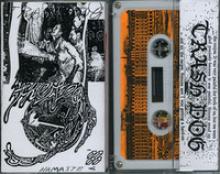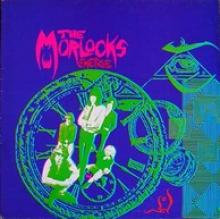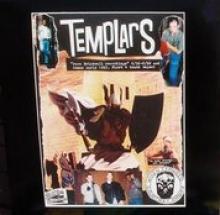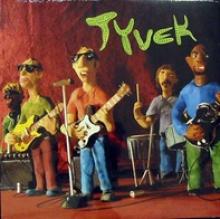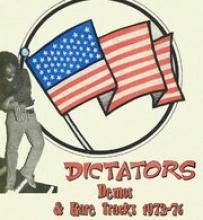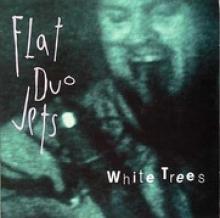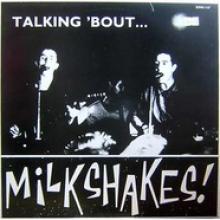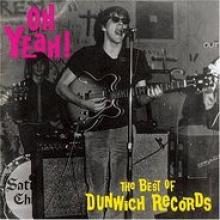Trash Dog: A Hard Day's Night People
Those aforementioned cottage labels, though, don’t agree. And for that very reason, the new dredges of musicality present themselves in a continually new set of douchey ‘sound collages’ and abhorrent pop trips all unbefitting of even a sixteen year old’s pity party. None of this is directly pointed at Night People, but attempting to investigate one of their affiliated acts led me to all of this. And while the DIY ethic and practice that propels this meager capitalistic venture should be appreciated, its spoils won’t necessarily be to everyone’s liking.
A quick look through the catalog that Night People has amassed might only find a few acts being more than just some weird combination of words - Raccoo-oo-oon, which features the various label honchos, and Meth Teeth perhaps being the most well known. Just those two acts, though, could lend ample fodder needed to describe the sounds that the label traffics in. But since, this began as a piece on Trash Dog, we’ll go that way.
There’s nothing dreamy or delicate about Trash Dog. And its ultimate release, its last, entitled Namaste (which in itself is problematic) finds a group focused on utter annihilation. That sounds trite – it is. But the disregard for anything coming close to musicality is almost enervating to hear from these Dogs. Granted, the folks in the group, more likely than not, would be given over to distilling this as experimental. But it’s not and even if I felt like granting it more than simply the tag of noise, it would be difficult for some reader, somewhere to tolerate.
By way of yesterday’s discussion of AFCGT, I came to some sort of conclusion that as long as some group traffics in out-and-out sonic effrontery, it needs to at least include a bit of rhythm or a finite sliver of melody for which a listener can hang on for dear life. Trash Dog, thankfully, gives listeners just enough of both to make Namaste more than thirteen minutes of aural abuse. The tape’s lead off track might just be a piece of thrash misplaced while the titled track recalls more than a few early exponents of continental, political hardcore. But even with these momentary peeks into ‘song,’ Trash Dog remains too far beyond what most folks would be capable of listening to – even it Namaste is less than a quarter hour long.
